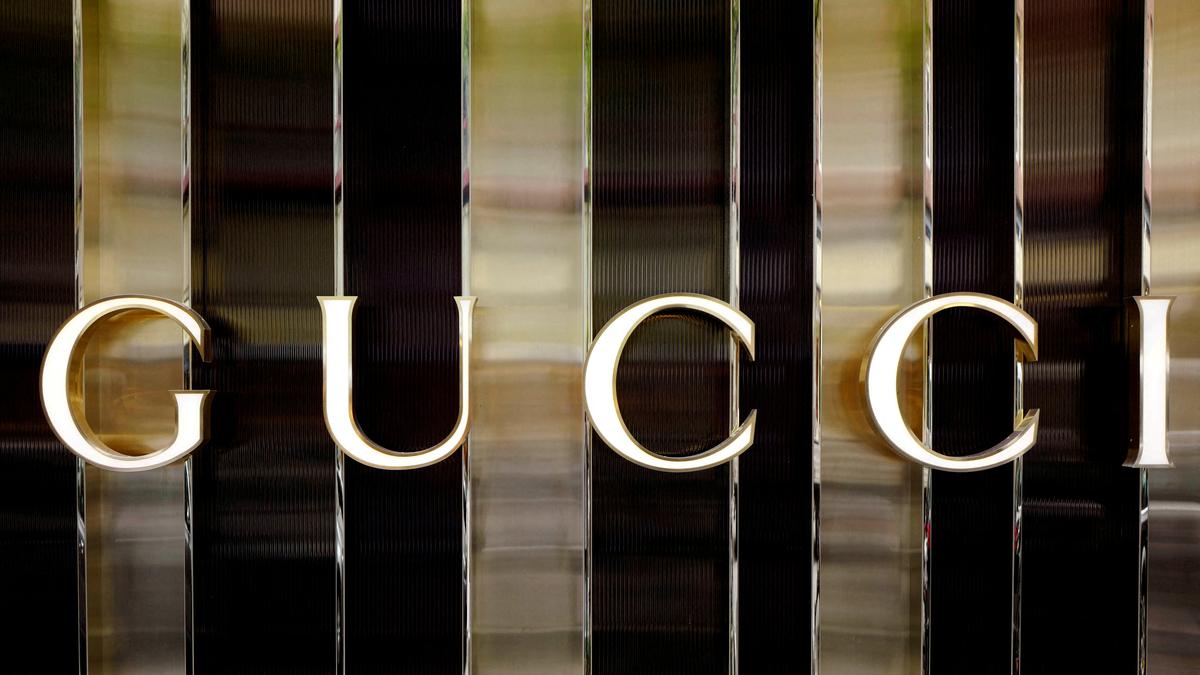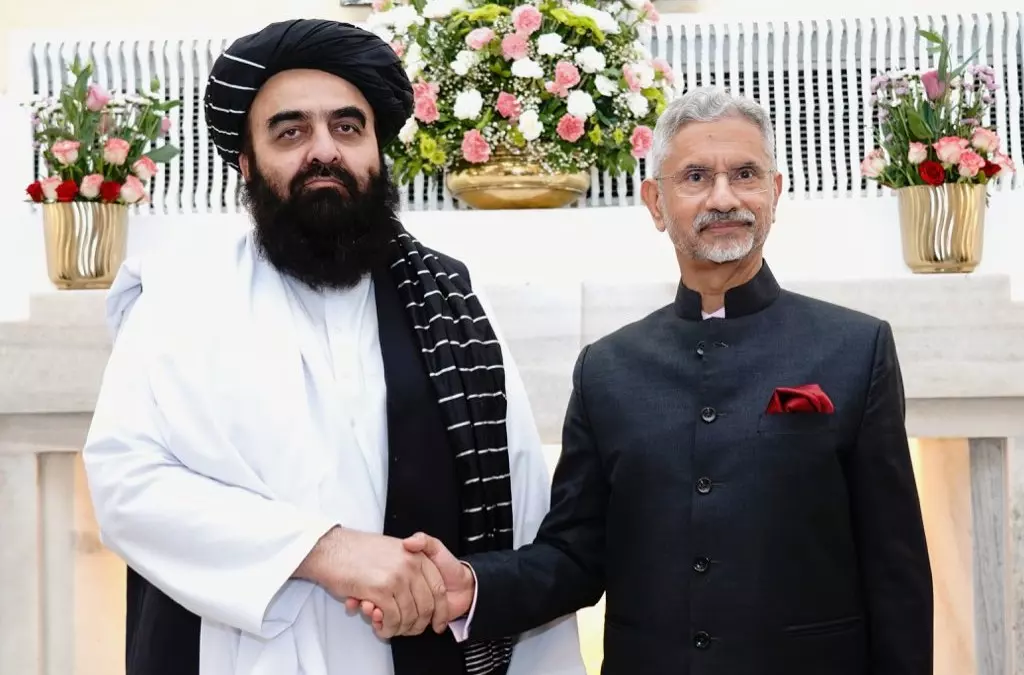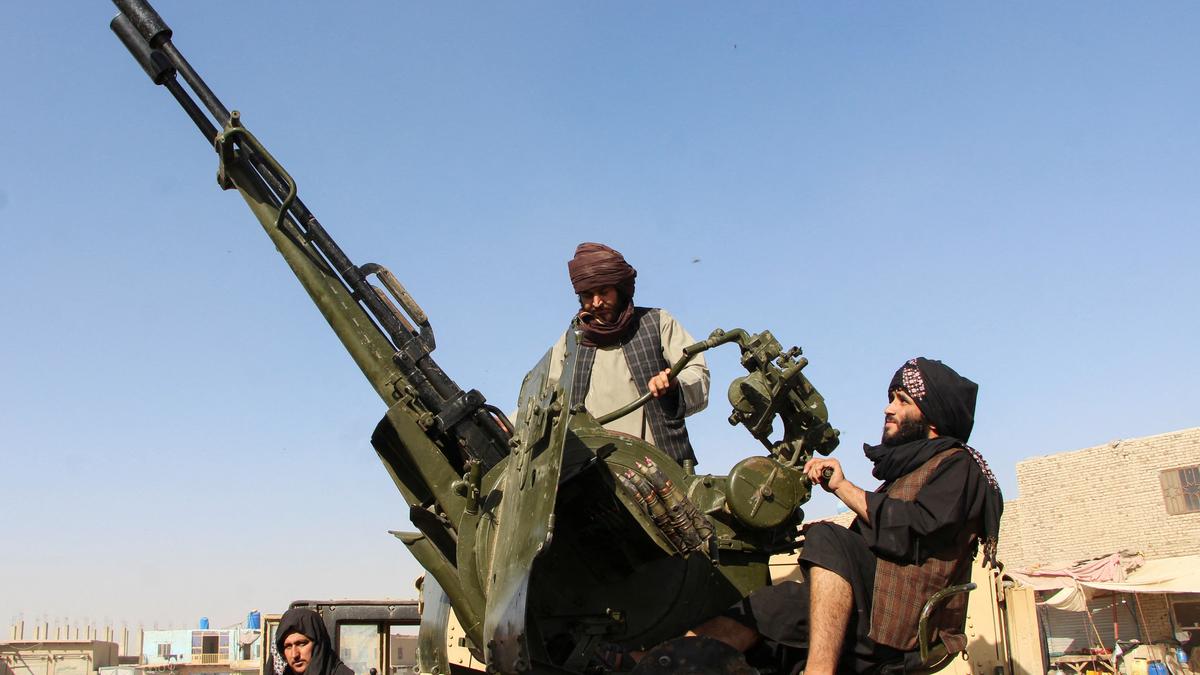Days after the Taliban overran Kabul, in August 2021, the mood in Islamabad was celebratory, with then Pakistan Prime Minister Imran Khan lauding the Afghan group for having “broken the shackles of slavery”. Photographs of visibly delighted Pakistani diplomats posted in Kabul were captured.
India, on the other hand, appeared out in the cold, with the Taliban’s return seen as a strategic win for Islamabad that was widely perceived as having aided the group’s return to power.
Four years after the tectonic events, it is India that now seems to have the upper hand. Indeed, India and the Taliban-led government hope to begin a new chapter in bilateral ties, with New Delhi rolling out the red carpet for the Taliban regime’s Foreign Affairs Minister Amir Khan Muttaqi, even as deadly clashes have taken place along the rugged Durand Line in a new low for Afghan-Pakistan ties.
India’s decision to host Muttaqi despite the Taliban regime’s outcast status reflects some hard-nosed realpolitik driven by its own strategic imperatives. Earlier, New Delhi was obviously concerned that the Taliban would cosy up to Pakistan and its deep state, which has been behind repeated terror attacks on Indian soil.
Also Read: Afghan women, who fled Taliban, face horror of returning home after freeze on USAID fund
So far, only Russia has recognised the Islamic Emirate of Afghanistan under Taliban 2.0, though there has been gradual outreach by other countries, including India.
Having shunned Taliban 1.0 when it controlled Afghanistan between 1996-2001, India has also stepped up its efforts after initially distancing itself from a regime that’s seen as retrograde, particularly in the context of women’s rights.
India’s decision to host Muttaqi despite the Taliban regime’s outcast status reflects some hard-nosed realpolitik driven by its own strategic imperatives.
This was clearly evident when no woman journalist was invited for Muttaqi’s first press conference, leading to an uproar and questions on India hosting a leader belonging to a conservative regime that tramples upon women’s rights. While Muttaqi sought to defend the Taliban government on this front in his second press conference, where women journalists were invited, his responses were not convincing.
India would have done well advising the visiting minister’s minders that such discrimination made for bad optics instead of trying to distance itself from the initial press meet by claiming no involvement in it. In engaging with Taliban 2.0, New Delhi will have to be mindful of India’s image in the world.
India’s current outreach also means renewed efforts to ensure it does not cede strategic space to China in Afghanistan, where Beijing has already posted an ambassador. It also needs to keep a watchful eye on the China-Pakistan axis in the region.
China’s Foreign Minister Wang Yi was in Kabul last month, assuring the Taliban that it was its “steadfast friend”.
Also Read: Afghan min seeks better ties with India, Pak: ‘Courage of Afghans shouldn’t be tested’
Short of recognising the regime, Muttaqi’s visit to India marks a concerted effort by both sides to normalise bilateral ties. The decision to upgrade India’s ‘technical mission’ in Kabul — it was opened in 2022 — to a full-fledged embassy is a step in that direction.
Considered a vital part of its extended neighbourhood, India had invested a lot of diplomatic capital to prevent Pakistan from wielding greater influence in Afghanistan following the Taliban’s ouster in 2001. In engaging with the Taliban regime and hosting its Foreign Minister now, New Delhi is hoping to regain the strategic space it saw eroding in Afghanistan in the past four years.
India would have done well in advising Muttaqi’s minders that gender discrimination makes for bad optics, rather than trying to distance itself from the initial press meet sans women journalists.
Pakistan, which hoped the Taliban regime would prove to be a pliant friend and ally, instead finds its relations with its neighbour at their lowest ebb. There exists a huge rift between the two sides. Even a visit by Pakistan Deputy Prime Minister and Foreign Minister Ishaq Dar this April did not help repair relations.
Amid the strain in Afghan-Pak ties, New Delhi adopted an incremental approach by first sending Foreign Secretary Vikram Misri to meet Muttaqi in Dubai this January. This was followed by a telephonic conversation between External Affairs Minister S Jaishankar Muttaqi in May.
Also Read: Who is Taliban minister Amir Khan Muttaqi, set to visit India?
New Delhi also continued to provide humanitarian assistance to Afghanistan in keeping with its policy to work for the benefit of the Afghan people and to project itself as a dependable partner willing to meet its developmental needs.
The Taliban regime’s repeated assurances to New Delhi that it would be mindful of its security interests and its condemnation of the Pahalgam terror attack, which India accuses Pakistan of carrying out,too, helped the two sides build bridges.
The joint statement issued after the Jaishankar-Muttaqi meeting, on October 11, also saw the Taliban committing to not allowing the use of Afghan territory by any individual or group against India. What added fat to the fire was Kabul’s endorsement of India’s sovereignty over Jammu and Kashmir, which predictably angered Islamabad.
Also Read: As Muttaqi hopes for stronger India ties, Pak summons Afghan envoy over J-K statement
Amid its tense relations with Islamabad, the Taliban regime is in search of friends and allies who can help the country effect an economic recovery and progress on the development path. In India, it sees a dependable partner that has helped build infrastructure projects, including the Salma dam and the parliament building, apart from providing humanitarian assistance whenever needed.
Kabul would also like Indian companies to explore opportunities in sectors such as connectivity, energy, agriculture, infrastructure and minerals. Security concerns and poor physical connectivity, however, may hamper Indian private sector investments in Afghanistan. An India-Afghanistan air freight corridor was announced during Muttaqi’s visit, though this may prove to be an expensive option for trade.
With its vast reserves of critical minerals, the Taliban’s invitation to India to explore mining will also put India in direct competition with China, which has been eyeing this crucial sector as well. Pakistan, too, will be waiting in the wings, eager to upset India’s applecart any time. India has its task cut out and cannot afford to slacken.
(The Federal seeks to present views and opinions from all sides of the spectrum. The information, ideas or opinions in the article are of the author and do not necessarily reflect the views of The Federal.)
















Email
SEE ALL
Remove